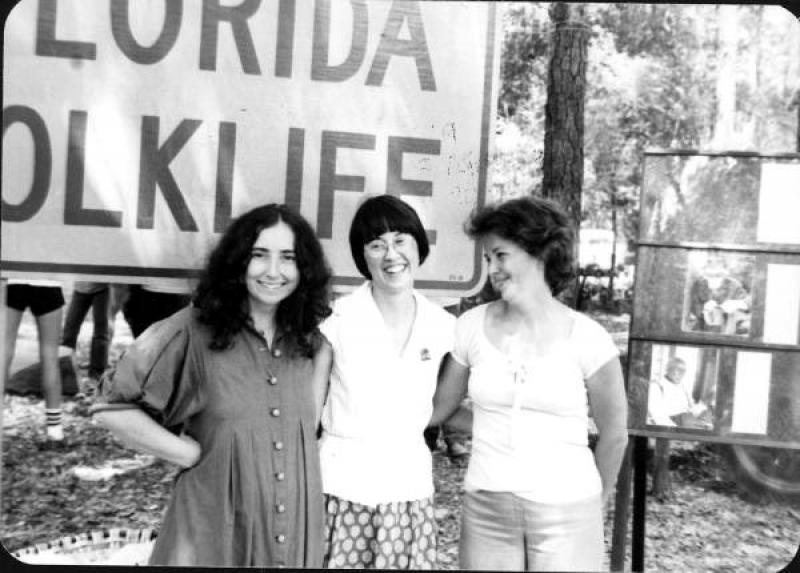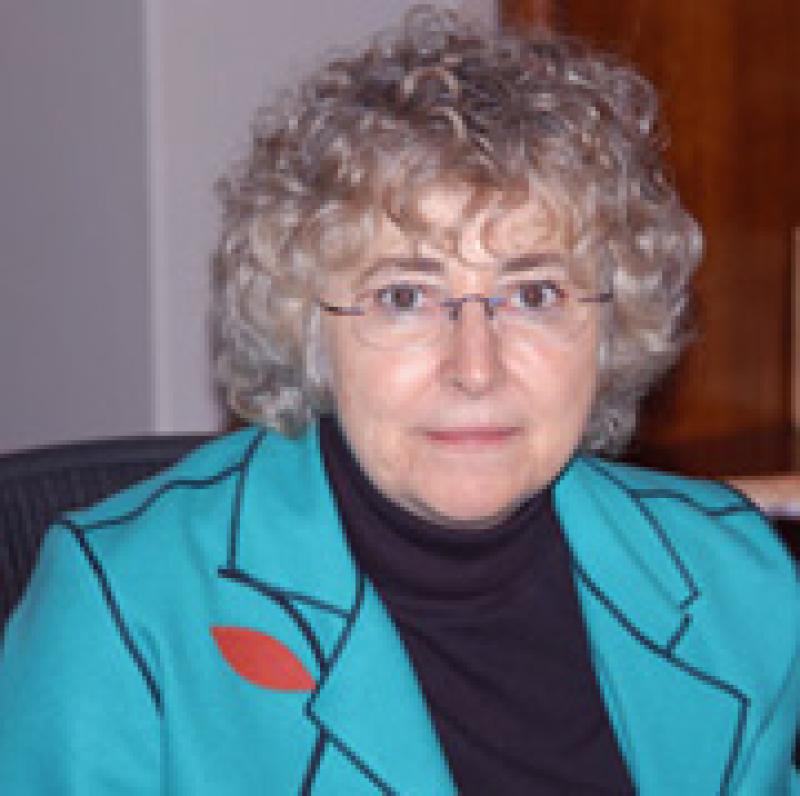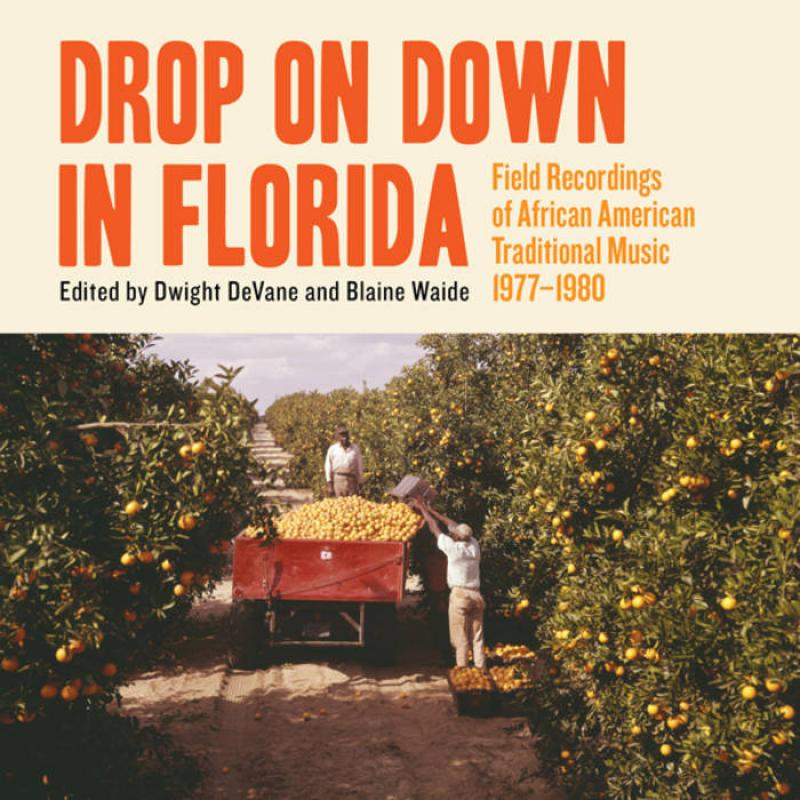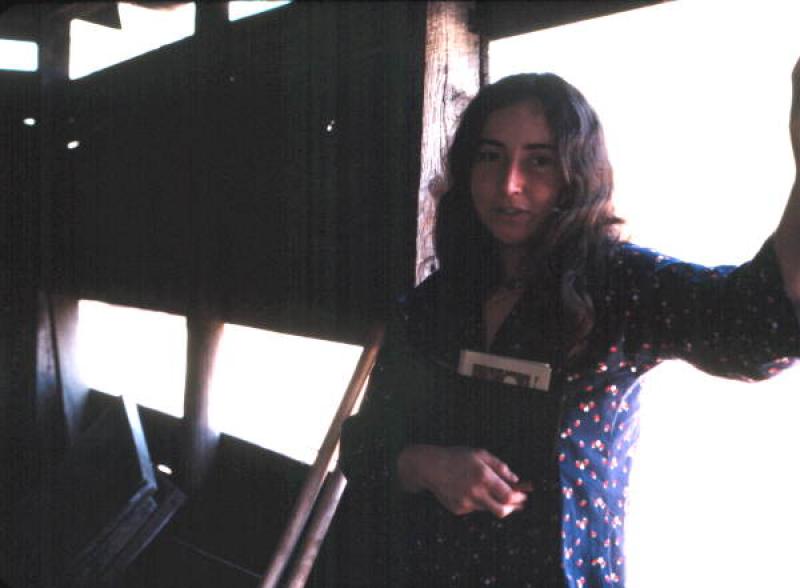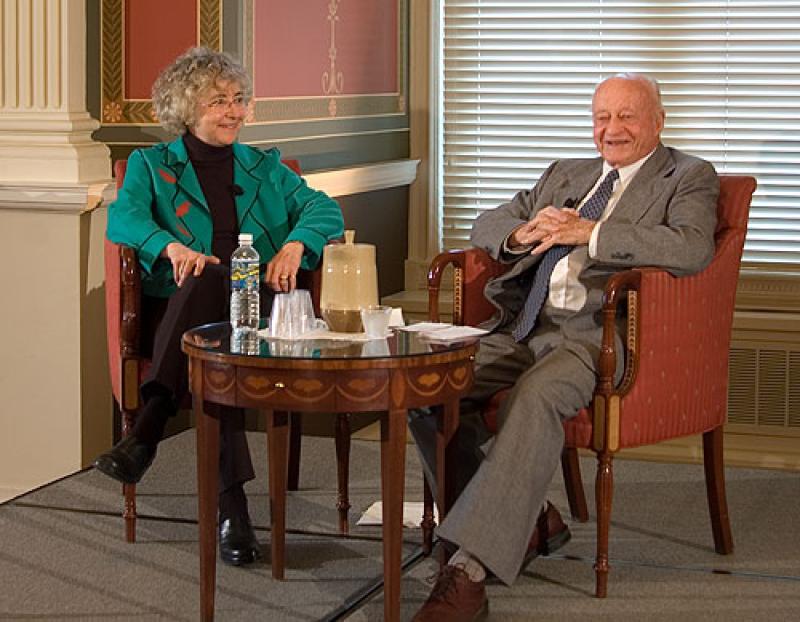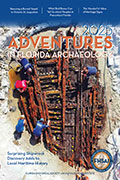Peggy Bulger wanted to follow in Stetson Kennedy’s footsteps. In fact, Bulger wrote her doctoral dissertation about him.
As head of the Florida Writer’s Project for the Works Project Administration in the 1930s and ‘40s, Kennedy traveled throughout the state documenting the traditions, folktales, and folk songs of Florida’s diverse population. He recorded the oral histories of Greek sponge divers in Tarpon Springs, Latino cigar rollers in Ybor City and Key West, Seminole Indians at Big Cypress, and many others.
Bulger came to Florida in 1976, at the age of 25, to become the first Folklife Coordinator for the State of Florida under the Department of State Division of Historical Resources.
“I started really delving into materials that were done during the WPA,” says Bulger. “Stetson Kennedy, Zora Neale Hurston, Alan Lomax, Herbert Halpert, all of them were folklorists who had worked in Florida back in the ‘30s and ‘40s. I was 25 years old in 1976, and I thought that anyone who had lived in the 1930s and ‘40s was dead, because that was ancient history.”
Bulger told someone at the University of Florida archive that she wished some of the folklorists whose work she admired were still alive. She was informed that Stetson Kennedy was alive and well and living in Jacksonville.
“I went to see Stetson and I started interviewing him about the WPA and the work that he had done here in Florida,” Bulger says. “Over the course of the years, we became fast friends, from ’76 to when he died in 2011. He really informed the work that I did in Florida.”
Bulger’s position as the head of the Florida Folklife Program was originally funded by a one year grant from the National Endowment for the Arts.
“Bess Lomax Hawes, who is Alan Lomax’s sister, had just started working at the National Endowment for the Arts, and she had created this folkarts program,” says Bulger. “Her vision was that she wanted to place a folklorist in every state in the country to really do the kind of work that the WPA and the Federal Writer’s Project had been doing all over the country during the ‘30s. Back then, in 1976, I was just young enough and naive enough to think ‘oh, it’ll be possible to do a survey of the folkart of Florida in one year.’ I soon found out that would not be the case.”
Bulger was able to find other grant funding to keep her position in place so she and her staff could collect and document the culture of our state. The program continues today.
The Florida Folklife Collection contains manuscripts, photographs, audio and video recordings, and other materials dating from the 1930s to the present. The Florida Folklife Program documents our rich and varied traditional cultures and preserves our heritage through apprenticeship programs and educational outreach.
Some of the work that Bulger is most proud of from her time as Florida Folklife Coordinator is a project that was released as a double album in 1981, called “Drop on Down in Florida: Recordings of Traditional African American Music, 1977 to 1980.”
That project has now been released in digital formats with three times as much material and a 224 page book.
“It’s fieldwork that we did with African American sacred and secular music,” says Bulger. “There were four of us doing fieldwork all over the state.”
Bulger has dedicated her life to preserving tradition cultures, but is philosophical about the fact that change is inevitable.
“I did a documentary on the shrimping industry of Fernandina Beach where I now live,” says Bulger. “When I was doing that documentary in the 1970s, there were over a hundred shrimp boats going out every day. There’s now eight.”
By the time Bulger was working in the 1970s, much of what Stetson Kennedy had documented in the 1930s had changed.
Bulger served as director of the American Folklife Center at the Library of Congress from 1999 to 2011. She then returned to Florida, and is pleased to see the program she developed here going strong.
“It just does my heart so much good to see young scholars coming in and taking over the reins,” says Bulger.
